South East
Essex Record Office (ERO)
The ERO partnered with Deaf artist Damien Robinson to hold a series of workshops exploring the history of the D/deaf community in Southend-on-Sea. The project resulted in a zine telling the story of Southend’s Deaf history through existing archives, material collected through the workshops, and memories of the participants filmed in British Sign Language and now preserved in the Essex Sound and Video Archive.
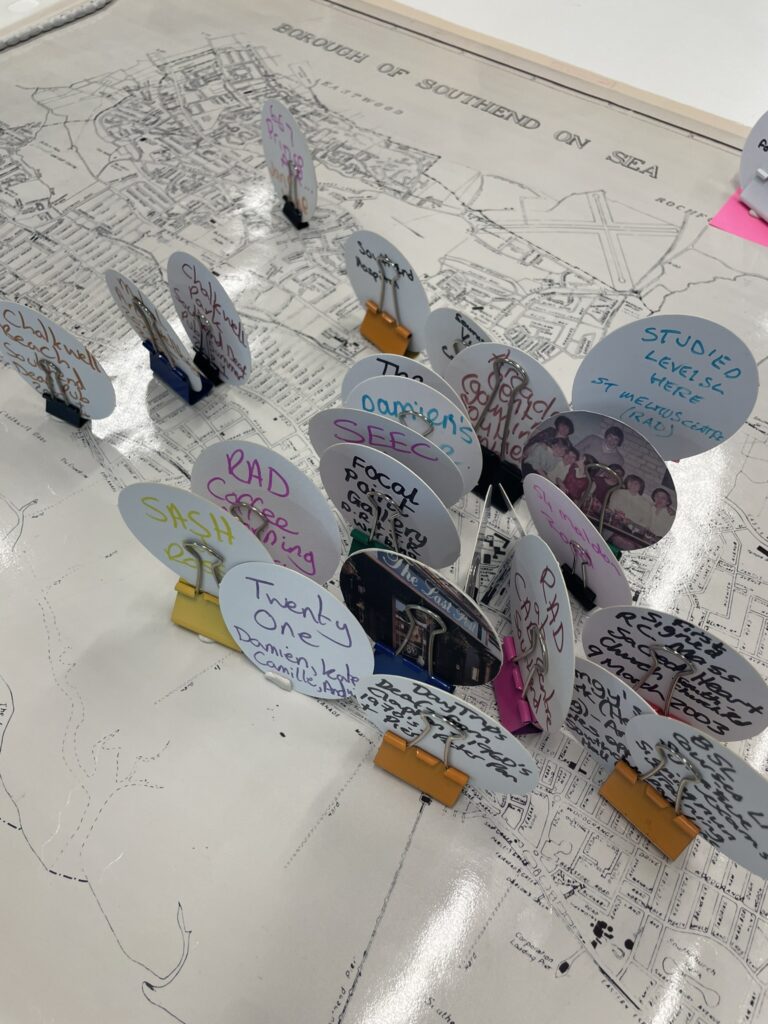
Image credit: Essex Record Office
Surrey History Centre (SHC)
SHC supported Freewheelers Theatre Company (FTC) to facilitate the Us and Them project. SHC provided Victorian-era photographs of patients with epilepsy, spina bifida and learning disabilities from Surrey’s asylums. Eight disabled artists (with the same conditions) then worked with a tintype photographer and an oral historian to co-create portraits of themselves which could be paired with the original Victorian images. SHC also ran workshops with the artists exploring the history of patient photography.
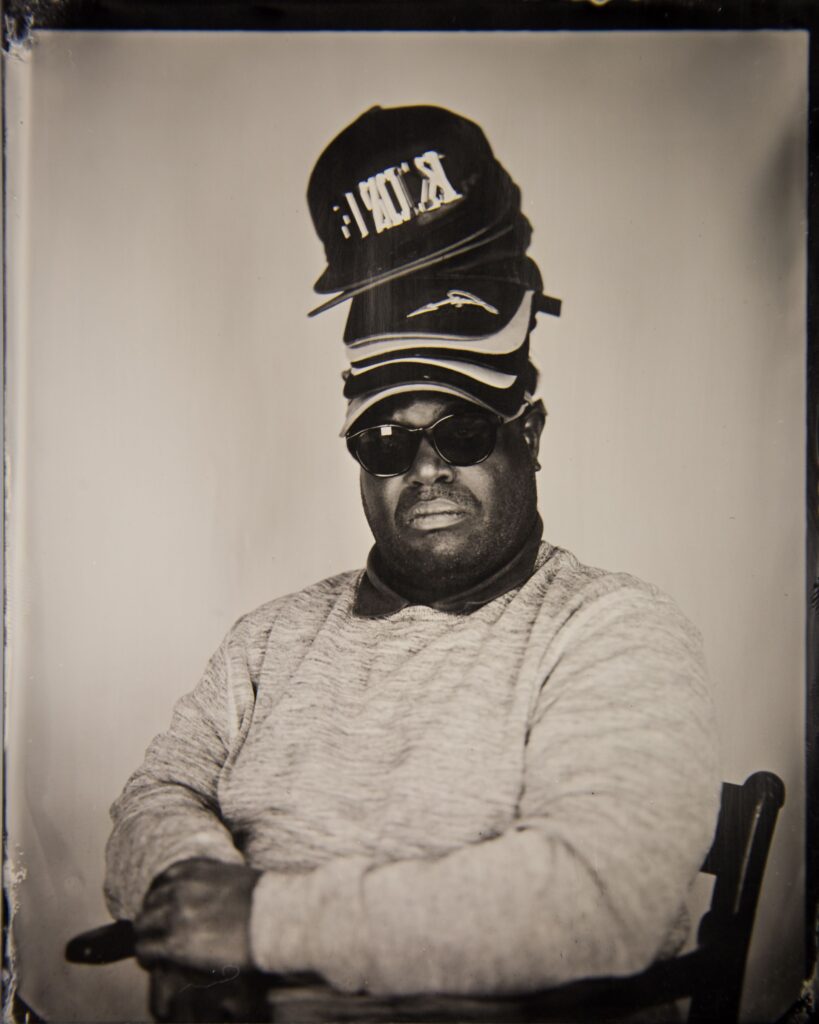
Image credit: Emma Brown Photography
University of Kent Special Collections and Archives
University of Kent collaborated with the Public Engagement Team from the Canterbury Festival to welcome over 100 students from EKC Canterbury College to view the David Drummond Pantomime collection and use it as inspiration for their coursework. Students of fashion textiles, film, graphics and fine art attended workshops in the University’s archives and used them as inspiration for an end-of-year fashion show/exhibition of work which was open to the public.
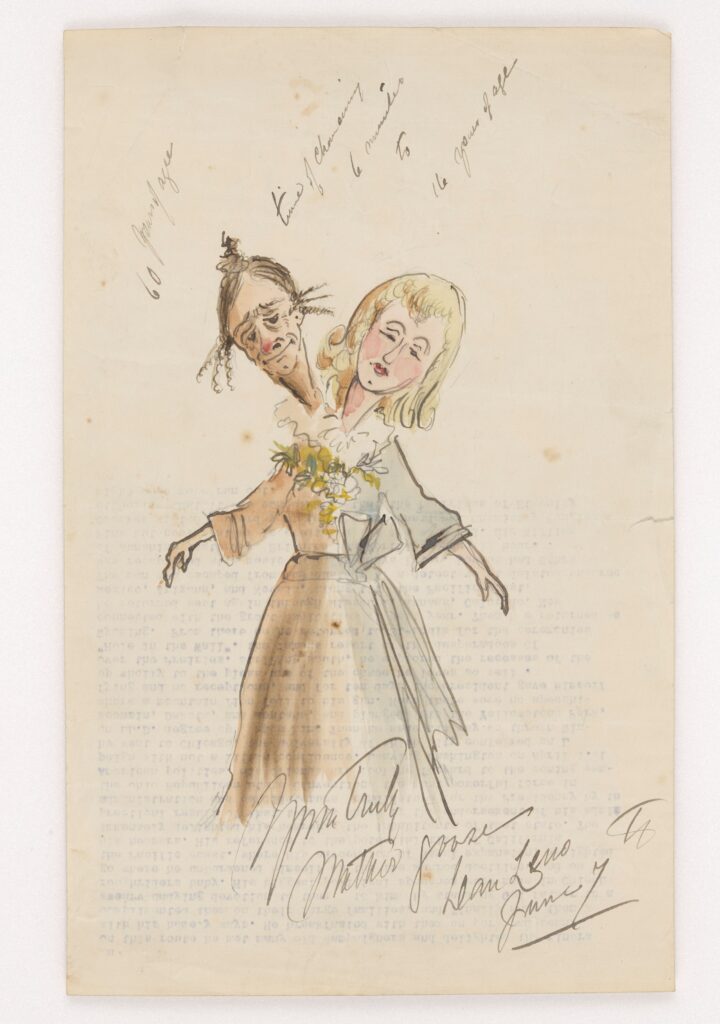
Image credit: University of Kent Special Collections and Archives: David Drummond Pantomime Collection, catalogue reference DDP
West Sussex Records Office (WSRO)
Throughout 2024, WSRO focused on surveying at-risk private HIV archive collections across the UK. The project archivist identified almost 40 collections and shared professional advice on the management and preservation of the collections where requested, with some now being transferred to archive repositories.
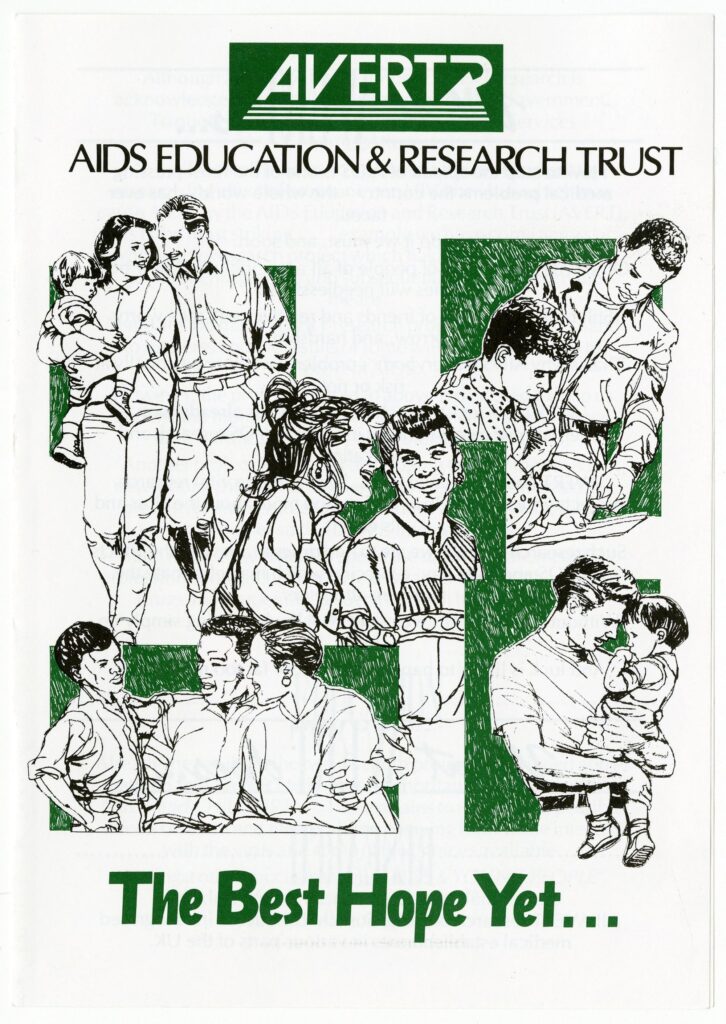
Image credit: West Sussex Record Office
Commonwealth War Graves Commission (CWGC)
In 2024, the CWGC launched an oral history project titled Voices of the Commission, documenting the memories of 13 retired staff members. This initiative aligns closely with the CWGC’s strategic priority of ‘Sharing the Stories’ and helps fill potential gaps in its historical collection.
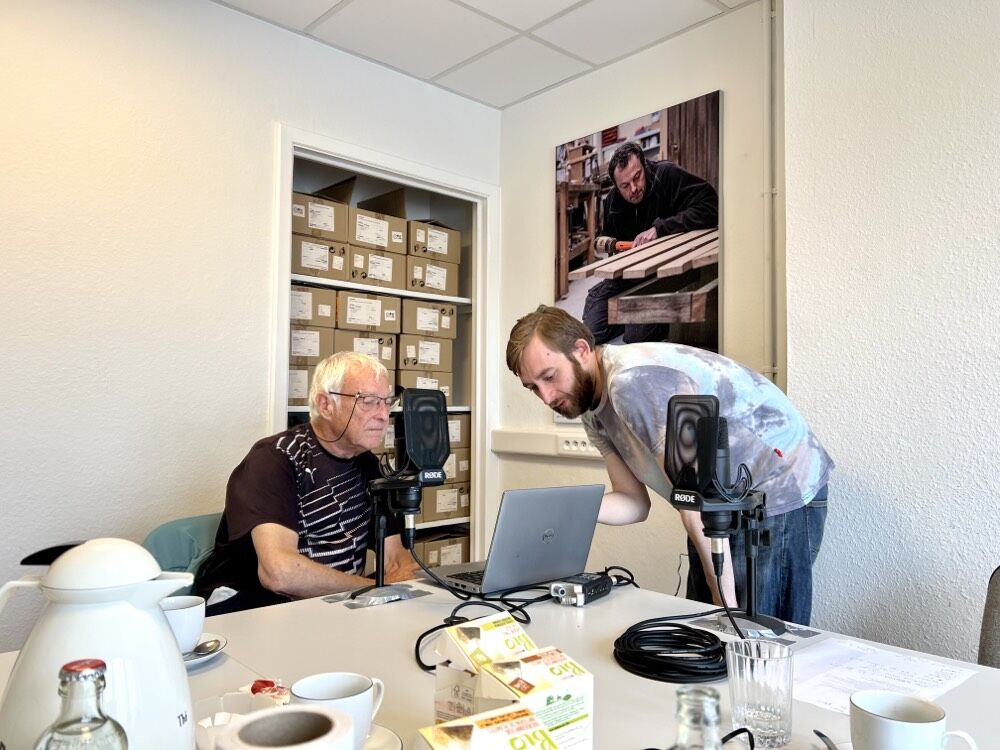
Image credit: Commonwealth War Graves Commission
South West
Alberta Research Project (ARP) at Mapperton House
ARP recruited volunteers from around the world to digitise and transcribe the correspondence of Alberta Sturges Montagu, 9th Countess of Sandwich, an American Heiress from the Gilded Age. Montagu’s large collection of letters, diaries and journal entries are accessible at Mapperton House and will soon be online. Mapperton is also the first historic house to create an Alberta AI who answers questions based on content from the transcribed letters.
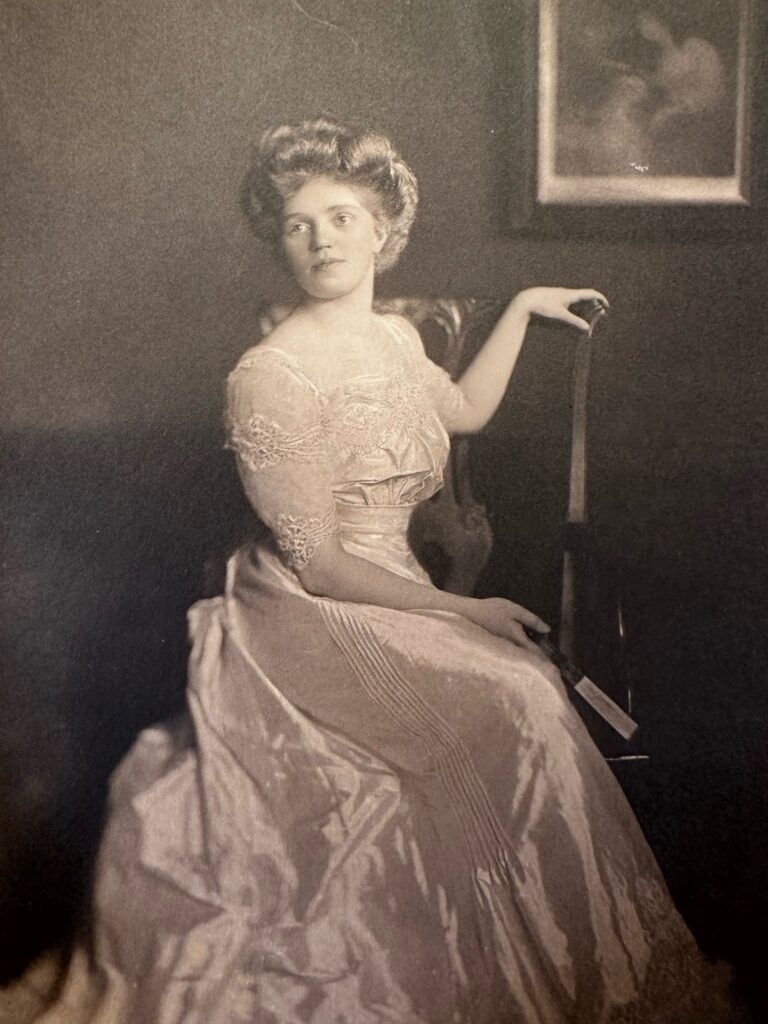
Image credit: Mapperton House
Historic England Archive (HEA)
After the HEA discovered a collection of photographs from the opening event of the Leeds Caribbean and African Centre in 1983, it commissioned a Photographer-in-Residence to create a contemporary snapshot of Chapeltown’s African and Caribbean community. A selection of images from the residency were added to the HEA in Autumn 2024, creating a legacy for the community and generations to come.
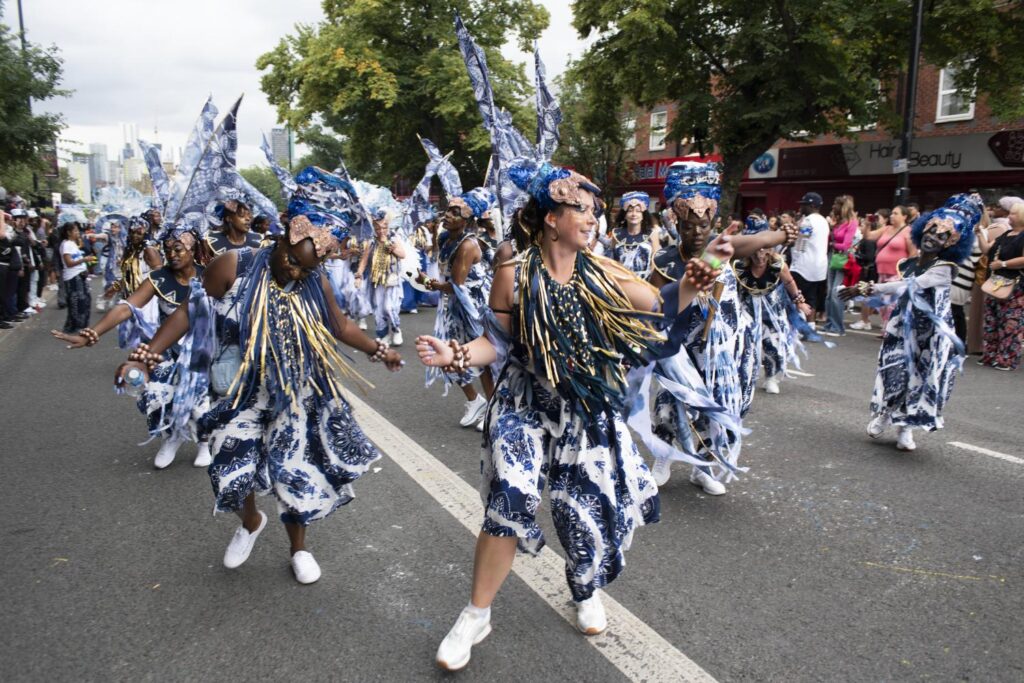
Image credit: Solomon Charles-Kelly, catalogue reference HEC01/134/02/02/03
University of Bath Archives and Research Collections
University of Bath welcomed retired astronaut and Lead for Space Sustainability at NASA Headquarters, Colonel Alvin Drew, to explore its Pitman collection. The archive contains records of the New British Alphabet Competition and the historic correspondence of Sir Isaac Pitman, a passionate advocate of spelling reform and the inventor of a globally adopted shorthand. Colonel Drew was examining ways to improve communication for collaborative space exploration of the future.
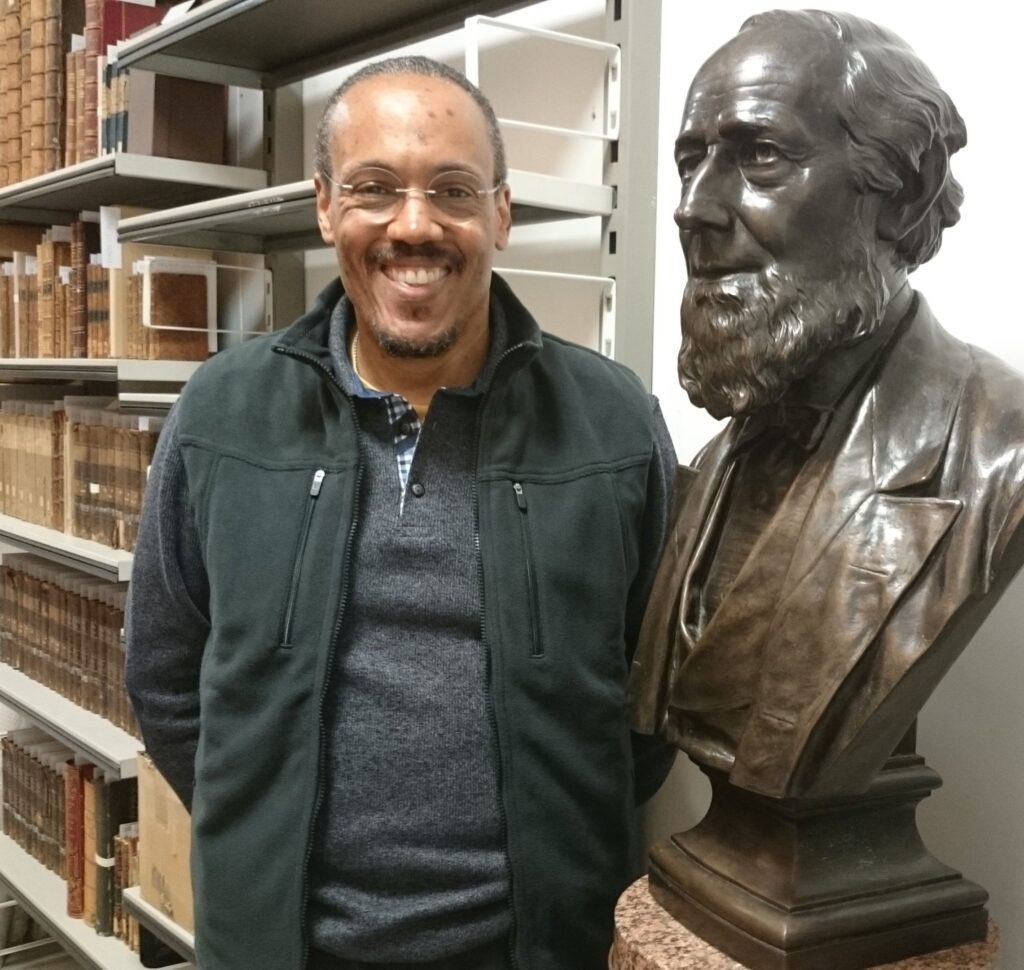
Image credit: University of Bath Archives and Research Collections
University of St Mark and St John (Plymouth Marjon) Archive
Plymouth Marjon University collaborated with Plymouth and Devon Racial Equality Council on Authoring Our Own Stories; a youth recovery project examining how young people’s racial heritages impact on their access to services. Over five years, this project will deliver arts-based workshops with young people and youth work professionals to explore how services can be reshaped locally, regionally, and nationally to improve accessibility and break cycles of inequality.
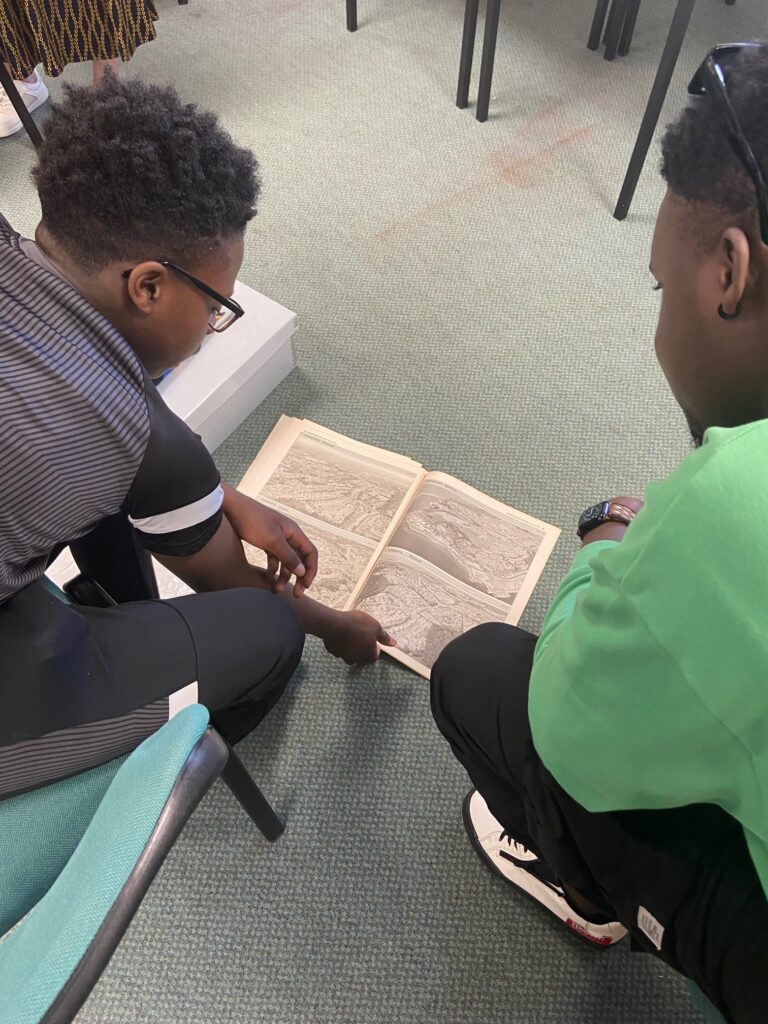
Image credit: Hannah Jordan, Plymouth and Devon Racial Equality Council
Wiltshire & Swindon History Centre (WSHC)
In 2023, WSHC set up The Wiltshire Inclusion Panel with the aim of diversifying the Centre’s collections and strengthening relationships with communities across the country. Panel members have been learning research skills and creating exhibitions so they can share case studies of people and communities that they have discovered in the Centre’s collections, and through online resources.
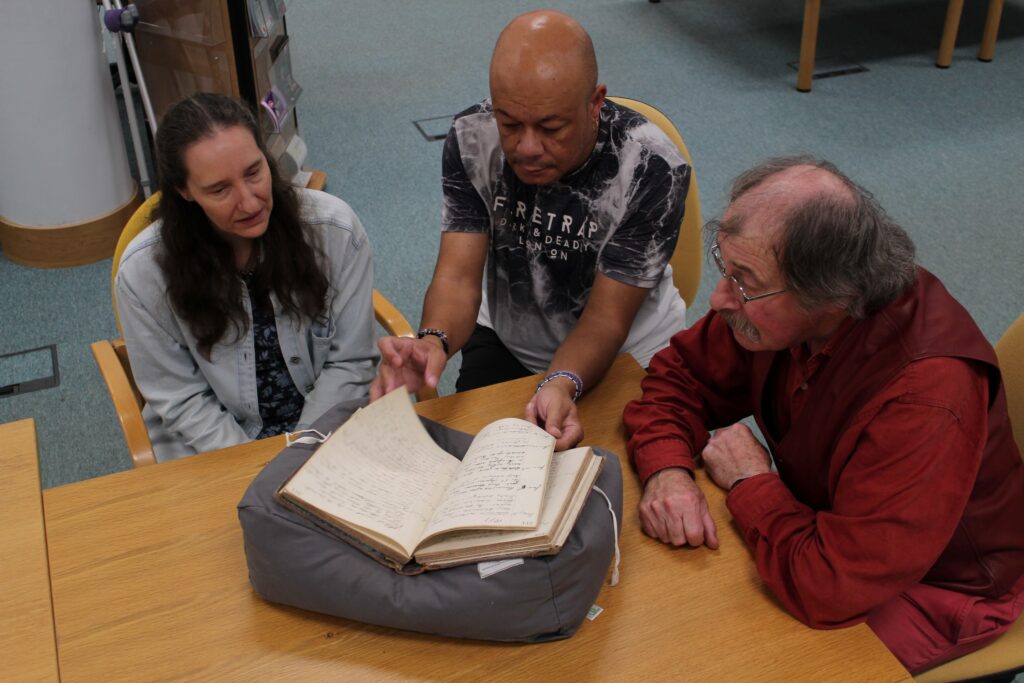
Image credit: Wiltshire & Swindon History Centre